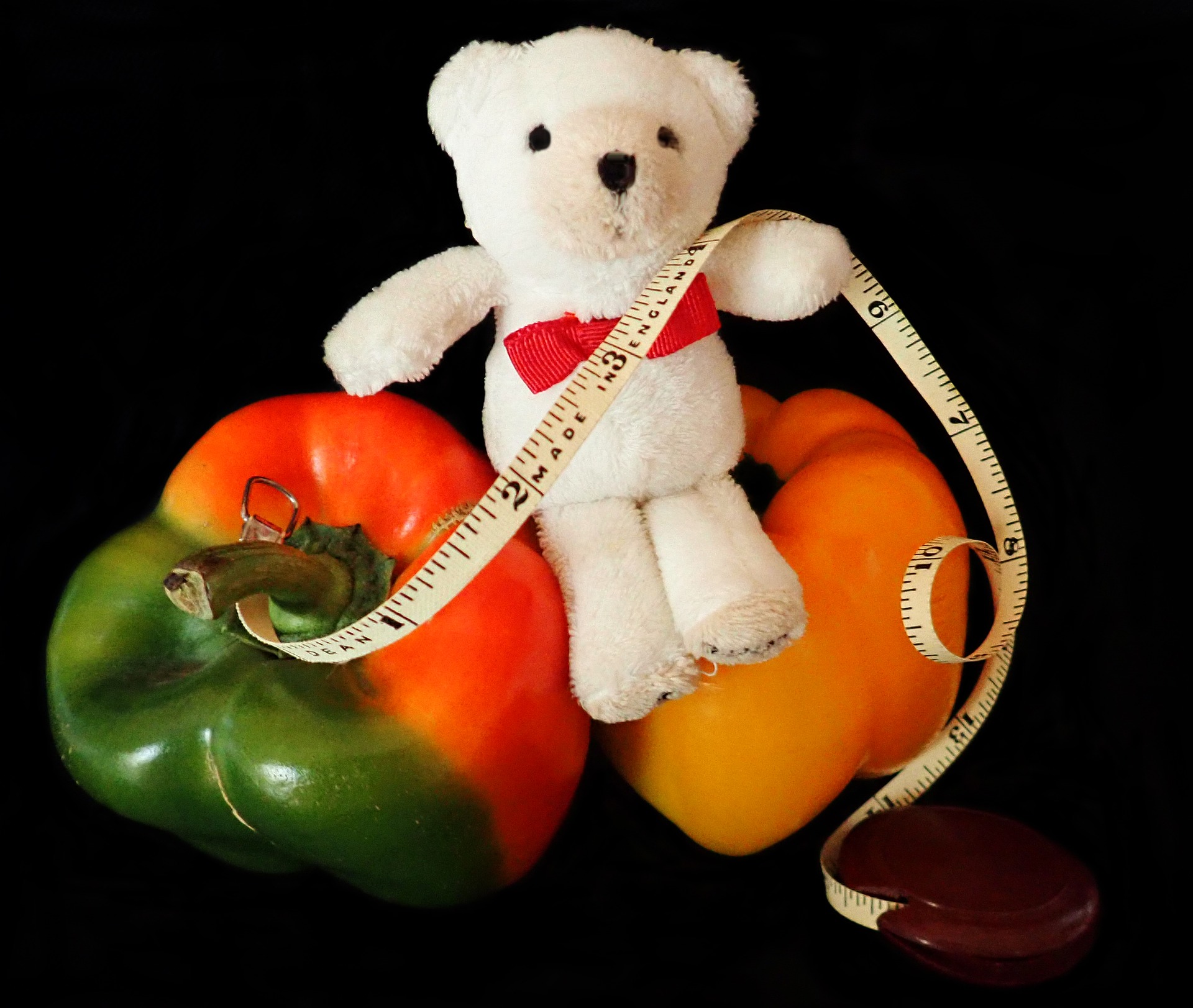Too young to be on a diet
One in five American kids is obese, which is a truly alarming statistic.
When an adult is obese their doctor might recommend a weight loss diet. The health professional’s advice will be just a drop in the bucket of counsel: Weight loss plans of all stripes materialize from every bookshelf, digital screen and food outlet. Weight loss is a 72 billion industry, which in and of itself might suggest that we don’t yet have a reliable solution – most weight loss plans work to a certain degree when people reduce caloric intake, and ultimately have miserable long term success rates in avoiding weight regain.
Should the same approach be used for kids?
A few weeks ago WW, previously known as Weight Watchers, launched an app called Kurbo, intended to help kids (as young as 8 years old) and teens “reach a healthy weight”. It tracks food intake, physical activity and weight loss. The app categorizes foods into Green (fruits and veggies), Yellow (bread and pasta) and Red (candy, soda and French fries), encouraging kids to eat according to the traffic light system, and asking them to select a goal, such as ‘lose weight,’ ‘feel better in my clothes,’ ‘make parents happy’, ‘boost my confidence’ and ‘eat healthier.’ For a fee, it will set kids up with coaches. The app follows a previous encroachment into young audiences: Last summer WW offered free membership to teens aged 13-17.
The newly launched app was met with widespread criticism from consumers and dietitians, and a petition in change.org has collected tens of thousands of signatures. Why the outrage?
Should kids diet? What are the risks?
Kids and teens, unlike adults, are growing, and caloric restriction, if not done carefully, may interfere with their growth and development.
Another concern is the link between food restriction and eating disorders, which are extremely prevalent among teens, and are in fact the third most common chronic condition in teens – right after obesity and asthma. Although eating disorders usually appear in teens who are not overweight or obese, quite often, teens who try to lose weight develop eating disorders.
The American Academy of Pediatrics issued a clinical report several years ago in which it reviews the studies and states that dieting – caloric restriction with the goal of weight loss – is a risk factor for eating disorders, and, un-intuitively perhaps, to obesity. Pediatricians are advised to discourage dieting.
So, if dieting is counter-productive and risky what should health professionals and parents do? The obesity, nutrition and eating disorder experts writing the paper suggest an integrated family-based and lifestyle approach (emphasis is mine):
“An integrated approach to the prevention of obesity and EDs [eating disorder] focuses less on weight and more on healthy family-based lifestyle modification that can be sustained. Pediatricians can encourage parents to be healthy role models and supportively manage the food environment by creating easy accessibility to healthy foods (eg, fruits, vegetables, whole grains, beans and other legumes, and water) and by limiting the availability of sweetened beverages, including those containing artificial sweeteners, and other foods containing refined carbohydrates.”
Leaving it to the kids?
Early prevention and intervention – before habits of overeating set in – is key, but when it comes to obesity treatment proven successful plans are hard to find, and most success is short lived. A 2017 Chochrane review estimated that childhood interventions that included diet, physical activity and/or lifestyle changes achieved only a very small, short-term reduction in BMI.
A recent analysis in Obesity Reviews looked at 182 nutrition-related randomized trials in kids aged 2-11 years for successful interventions. Only 14 trials were effective in reducing body weight, the results in these were small (but still encouraging), and those successful trials centered on environmental changes, such as water fountain installations at school and cafeteria menu changes.
Childhood obesity has tripled in the last three decades. The epidemic’s cause is multifactorial, but I don’t think kids of the 70’s liked candy and soda any less than today’s kids. They certainly needed much less self control – they didn’t live in an obesogenic environment in which the default is to gain weight, one on in which junk- and fast-food is endlessly available and tirelessly marketed to them wherever they go.
We owe it to our kids to fight this fight for them and with them. The last thing they need is more of time alone on an app.
Dr. Ayala
“We owe it to our kids to fight this fight for them and with them”


